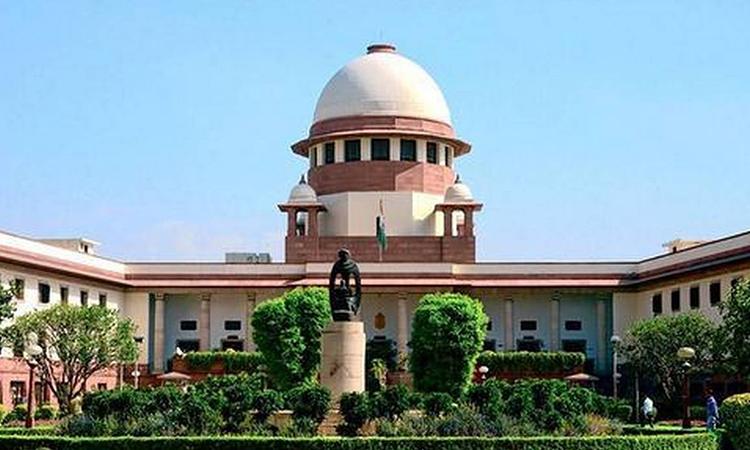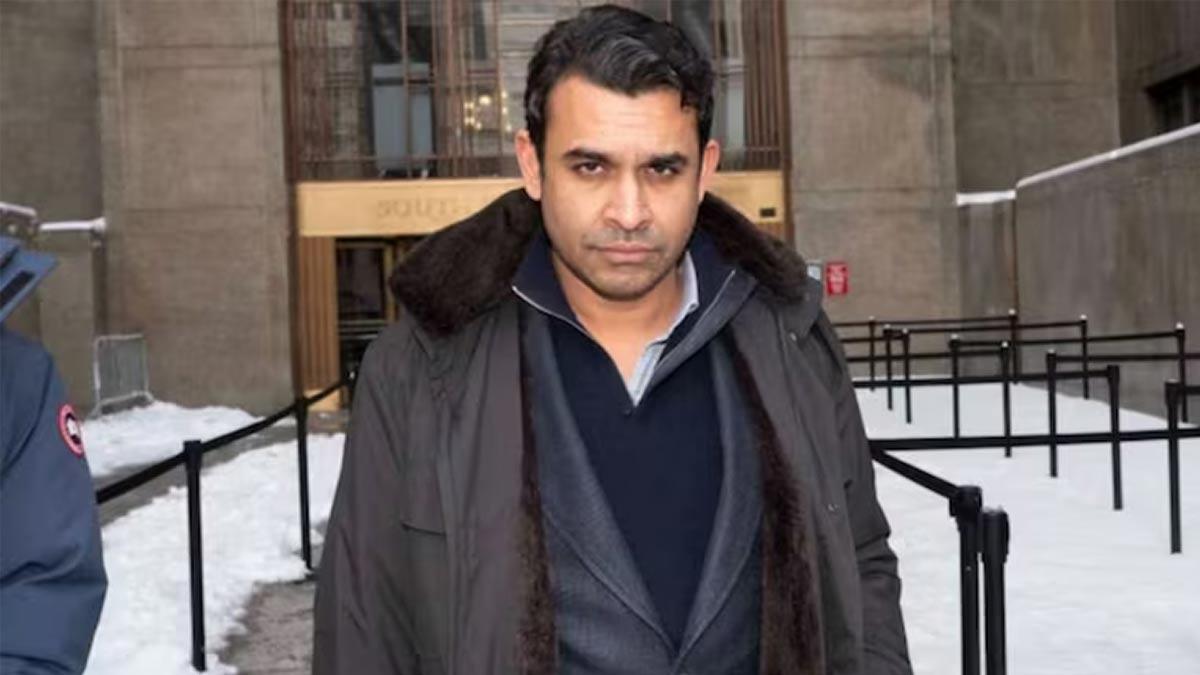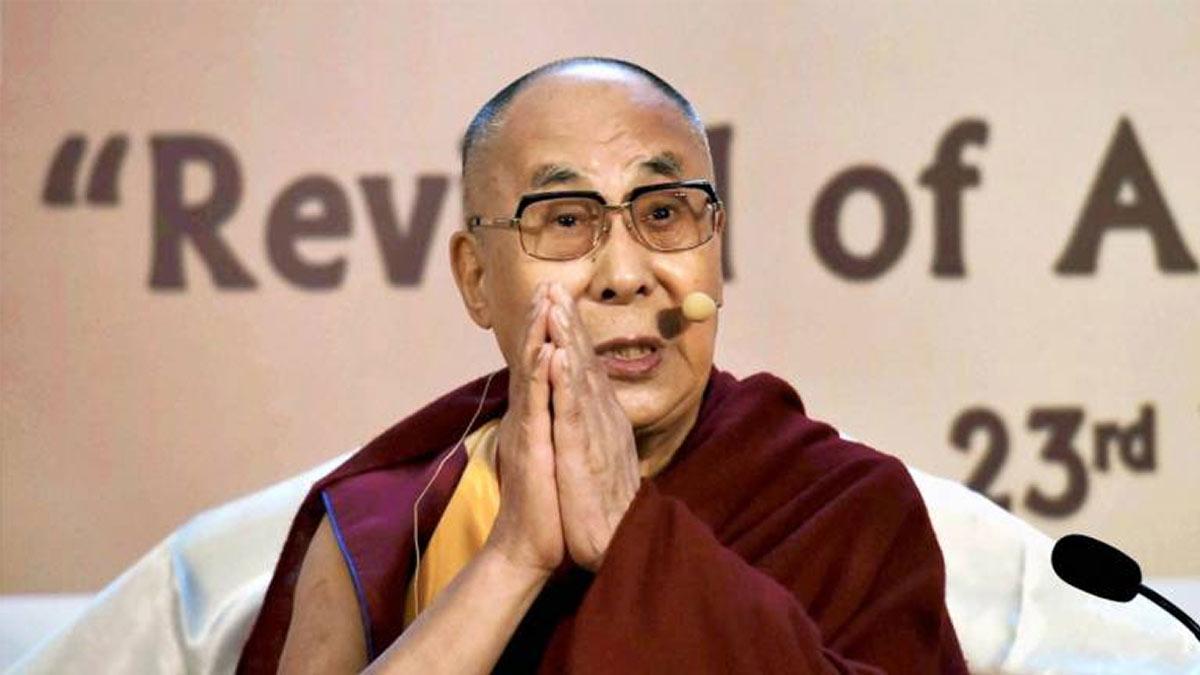While quashing criminal proceedings against a man convicted under the Scheduled Caste and Scheduled Tribe (Prevention of Atrocities) Act, the Supreme Court on Monday took exception to the use of the provisions of the special statute in a case that has only subtle undertones of criminality.
"We are of the opinion that it would not be incorrect to categorise the occurrence as one being overarchingly private in nature, having only subtle undertones of criminality, even though the provisions of a special statute have been attracted in the present case," said the bench headed by Chief Justice N.V. Ramana and comprising Justices Surya Kant and Hima Kohli.
The bench also noted that the casteist slurs were made due to the frustration and anger over the property dispute between the parties. The bench pointed out that the offense for which the appellant has been convicted under the SC/ST Act is to protect members of the downtrodden classes from atrocious acts of the upper strata of the society but the act in question does not appear to exhibit his mental depravity.
The bench noted that the appellant also belongs to a relatively backward section of the society even though it is not the same caste as the complainant. He is also not in a better economic or social position compared to the victim in question, it added.
Also Read | WHO may approve Bharat Biotech's Covaxin 'within 24 hours'
"Therefore, keeping in mind the socio economic status of the appellant, we are of the opinion that the overriding objective of the SC/ST Act would not be overwhelmed if the present proceedings are quashed."
The bench noted that the complainant has, of her own free will, entered a compromise and wishes to drop the present criminal proceedings against the accused. "Therefore, in order to avoid the revival of healed wounds, and to advance peace and harmony, it will be prudent to effectuate the present settlement," it said.
In 1994, Ramawatar and his neighbour Prembai, residents of Panna district of Madhya Pradesh, got into a property dispute. The man not only threw a brick on the woman, belonging to the SC category, but also used casteist slurs and made filthy remarks. Ramawatar was convicted, sentenced to six months of rigorous imprisonment, and fined Rs 1,000. In August 2010, the Madhya Pradesh High Court dismissed the accused's appeal against his conviction and sentence, following which he moved the top court.
Also Read | Aryan Khan denies links with Sail, Gosavi as NCB opposes bail plea
Concluding the judgment, the bench said: "We find it appropriate to invoke our powers under Article 142 of the Constitution and quash the criminal proceedings to do complete justice between the parties. As a sequel thereto, judgment and orders passed by the Trial Court and the High Court are set aside. Bail bonds, if any, are discharged. The appeal is allowed in above terms."


















